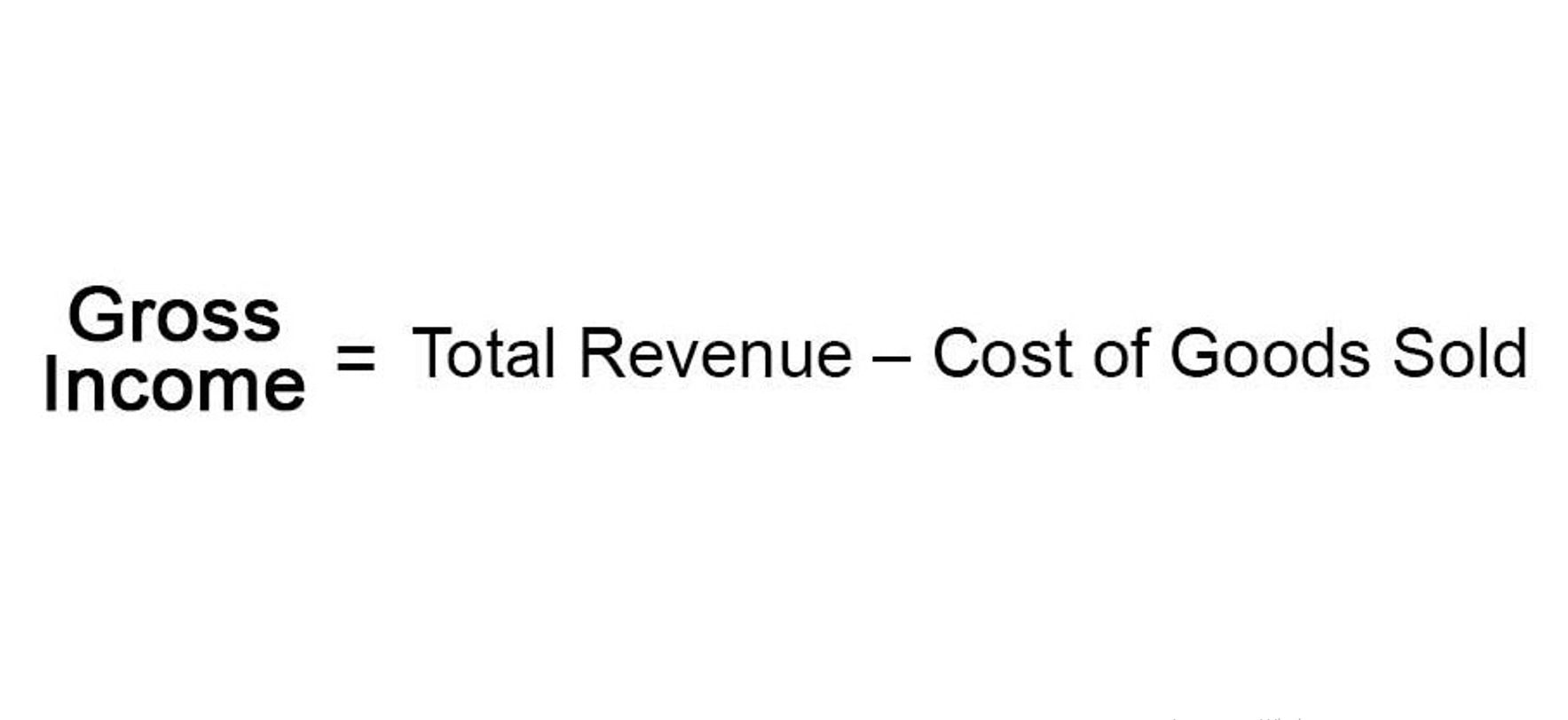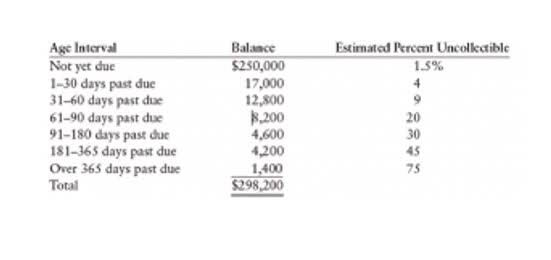
DDP means “delivered duty paid.” Under this Incoterm rule, the seller agrees to deliver goods to the buyer, paying for all shipping, export, and import duties and taxes. DAP, or “delivered-at-place,” says a seller agrees to be responsible for transporting goods to a location stated in the sales contract. CIF means “cost, insurance, and freight.” Under this rule, the seller agrees to pay for delivery of goods to the destination port, as well as minimum insurance coverage. FOB destination shipping is in the buyer’s best interest and an effective way for businesses to enhance their customer service. Only when the purchase arrives in perfect condition does the buyer accept it and consider the sale officially complete. FOB, or “free on board,” is a widely recognized shipping rule created by the International Chamber of Commerce (ICC).
FOB shipment risks
The transfer of title is the element of revenue that determines who owns the goods and the applicable value. Even with a clear understanding of FOB terms, mistakes can happen, leading to increased shipping costs, shipment delays, or even legal complications. The seller delivers the goods alongside a shipping vessel chosen by the buyer at a specified port. For example, with a FOB shipping point, the buyer pays for things like freight and insurance after the goods leave the shipping point. This invoice illustrates how FOB terms are indicated alongside shipping costs to clarify the responsibility for the goods during transit. FOB Destination means that the ownership of the products transfer from the seller to the buyer only when the goods arrive at the buyer’s location, in good condition.

FOB Add-on Terms

The term “freight on board” originated from the days of sailing ships when goods were “passed over the rail by hand,” as defined in Incoterm. The term “FOB” was used to refer to goods transported by ship since sea transport was the main method of transporting fob shipping point cargo from far countries. The term’s usage has changed since then, and its definition varies from one country and jurisdiction to another. The phrase “passing the ship’s rail” was dropped from the Incoterm definitions in the 2010 amendment.
- From there, the title for the goods transfers from the supplier to the buyer immediately and if anything happens to the goods at any leg of the journey to the buyer from there, the buyer assumes all responsibility.
- Jeff tries to sue Ann, but he can’t because the title of the goods already passed to him.
- Imagine you’re a small business owner who secures a deal to import antique furniture from an overseas supplier.
- The specific definitions vary somewhat in every country, but both contracts generally specify origin and destination information that is used to determine where liability officially begins and ends.
- It requires the supplier to pay for the delivery of your goods up until the named port of shipment, but not for getting the goods aboard the ship.
What is your current financial priority?
For example, if the seller is responsible for the transport, the buyer also loses a bit of control over timing. In addition, if the seller is unfamiliar with customs and taxes in the buyer’s port of entry, there may be additional delays and hassles. That means the seller will transport the goods to a port in Japan and load them onto a ship. And, as the buyer, you’ll pay all remaining costs to get the goods to the US port you choose, unload them and get them to their final destination.
Evaluate your risk tolerance
In fact, we cover many crucial software needs of running a small business, including handy templates for estimates, quotes, bids, purchase orders, deposit requests, business proposals, balance sheets, and much more. Skynova also has software products to help ease tasks, such as accounting, creating worker orders, producing credit notes, and requesting retainers. In an FOB agreement, often the seller only needs to take the goods to their nearest port. Oftentimes, in an FOB arrangement, the port at which the goods change hands is indicated.

Great! The Financial Professional Will Get Back To You Soon.
The articles and research support materials available on this site are educational and are not intended to be investment or tax advice. All such information is provided solely for convenience purposes only and all users thereof should be guided accordingly. FOB is important because it has shipping, liability, and accounting implications. Such disagreements, especially when goods are in transit or have already been delivered, can be both financially and operationally taxing. The specificity required in FOB agreements can sometimes be its Achilles heel. If the transfer point isn’t meticulously defined, documented, and understood by both parties, it can lead to disputes.

Free on board refers to a shipping arrangement in which the seller or shipper retains ownership and responsibility for the product only until they are loaded on board a shipping a vessel. Once they are on the ship, or “over-the-rail,” the obligation transfers to the buyer. In an FOB Shipping Point agreement, the transfer of ownership happens the moment the goods are loaded onto the transportation vehicle at the seller’s location.
FOB Destination
If the same seller issued a price quote of “$5000 FOB Miami”, then the seller would cover shipping to the buyer’s location. FOB is not a one-size-fits-all term; it comes with a variety of designations that provide more specific guidance on shipping responsibilities. While “FOB Origin” and “FOB Destination” are standard, there are other terms that offer nuanced differences. FOB terms not only determine who foots the bill for shipping but also affect how a business keeps track of its inventory. CIF places the responsibility on the seller until the goods reach the buyer, making it potentially more expensive for the buyer as the seller chooses the forwarder. In contrast, FOB places responsibility on the buyer, allowing them to select the forwarder and potentially negotiate better prices, giving the buyer an advantage in terms of cost control.
What’s the Difference Between FOB Shipping Point and FOB Destination?
Understanding the nuances of FOB is paramount for businesses engaged in international trade, as it directly influences pricing, risk management, and logistical strategies. For buyers, FOB, especially the FOB Shipping Point, presents an opportunity to exert more control over the shipping process. Factors like the mode of transportation, the nature of the goods, the relationship between the buyer and seller, and individual preferences can all influence the choice of term. Incoterms (International Commercial Terms) are a set of internationally recognized standards that define the roles of buyers and sellers in the transfer of goods in international and domestic trade.
